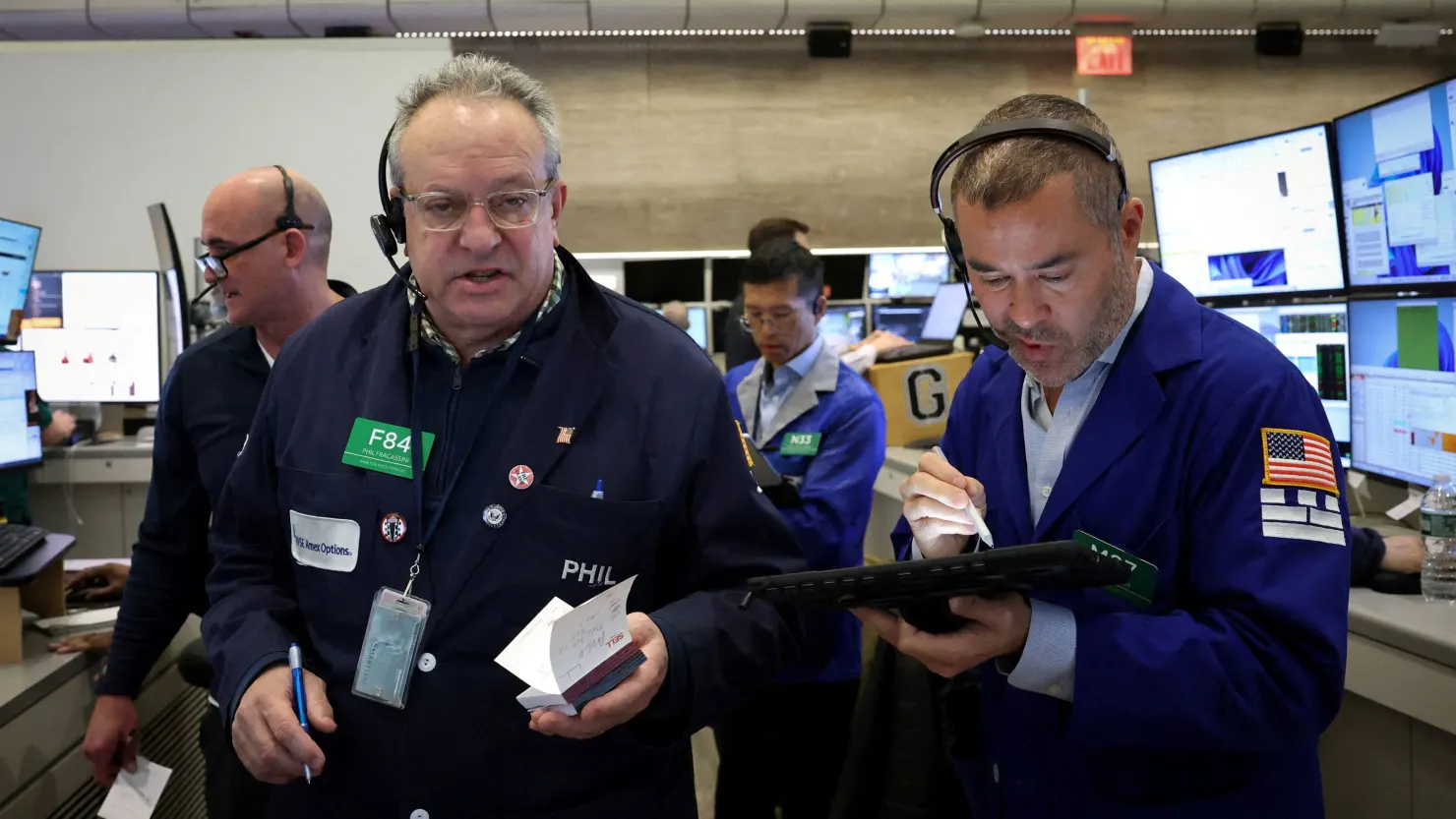Asia-Pacific Stocks Rise as Markets React to US-China Trade Pause and Easing Inflation Data

Asia-Pacific markets mostly ended higher on Wednesday as investors weighed the implications of a temporary truce in the US-China trade dispute and responded to a softer-than-expected US inflation report.
The developments sparked cautious optimism among traders, although uncertainty over long-term trade policy and global economic momentum remains.
In Japan, the Nikkei 225 slipped 0.14%, closing at 38,128.13, halting a four-day winning streak. Meanwhile, South Korea’s Kospi rose 1.23% to finish at 2,640.57, and Australia’s S&P/ASX 200 edged up 0.13% to 8,279.60.
Mainland China and Hong Kong saw more substantial gains. The Hang Seng Index climbed 2.3% to 23,640.65, while the CSI 300, which tracks the largest stocks on the Shanghai and Shenzhen exchanges, rose 1.21% to 3,943.21. The Shanghai Composite Index added 0.86% to close at 3,403.95.
Markets were buoyed by a 90-day pause in tariff escalation between the US and China, announced earlier this week. The temporary relief followed weekend talks and allowed both sides to reduce or suspend some of the tariffs and countermeasures that had weighed heavily on global markets.
The positive sentiment was also supported by a US inflation report that showed consumer prices rose 2.3% in April, slightly below expectations and down from 2.4% in March. The report eased concerns about stagflation and reinforced the possibility that the Federal Reserve might consider interest rate cuts later this year, although policymakers have signaled they will await more data before making any decisions.
Wall Street had rallied sharply earlier in the week, with the Dow Jones Industrial Average gaining over 1,000 points on Monday following the trade truce. On Tuesday, the momentum was mixed. The S&P 500 rose 0.72% to 5,886.55, and the Nasdaq Composite climbed 1.61% to 19,010.08, while the Dow declined 0.64% amid pressure from a sharp drop in UnitedHealth shares.
Despite the relief rally, analysts remain cautious. A note from Julius Baer advised skepticism about the durability of recent gains, warning that any long-term resolution to the US-China trade tensions is likely to be complex and slow-moving.
Tony Sycamore, analyst at IG, also urged caution, stating:
“We’ve got to wait to see what happens with the framework around further tariff negotiations with other countries.”
Technology shares, especially those linked to artificial intelligence, contributed to gains in the region. Nvidia’s stock climbed in the US after CEO Jensen Huang confirmed a deal to supply over 18,000 AI chips to Saudi-backed startup Humain, boosting related tech stocks in Asia.
In energy markets, US crude oil slipped $0.30 to $63.37 per barrel, while Brent crude dropped $0.33 to $66.30. In currency trading, the US dollar weakened slightly, falling to 147.03 yen, while the euro edged up to $1.1191.
Looking ahead, investor attention is expected to shift to upcoming US retail sales data and continued developments in global trade negotiations, including talks between the US and other key trading partners such as the UK, India, and Japan.
Reuters, CNBC, the Associated Press, and ABC News contributed to this report.









The latest news in your social feeds
Subscribe to our social media platforms to stay tuned